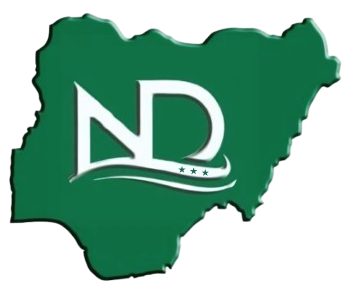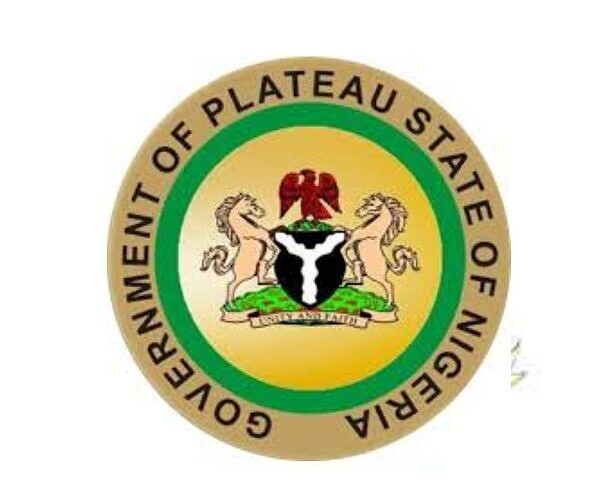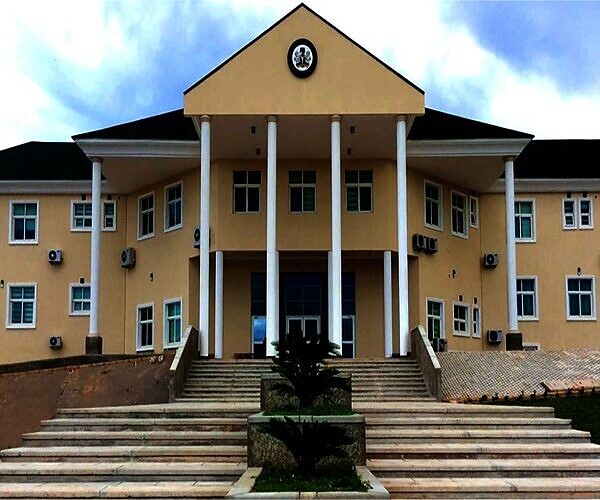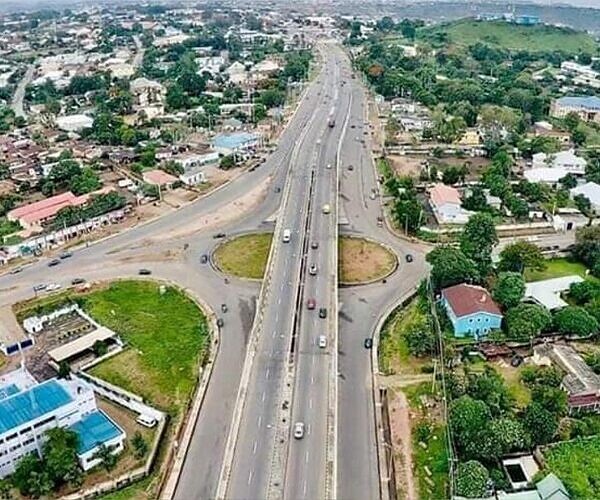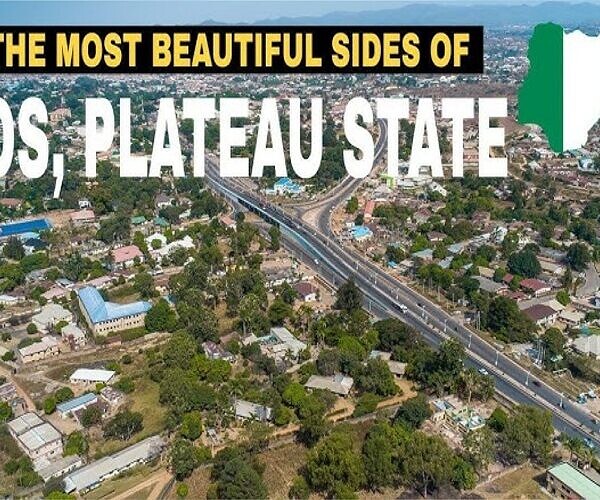- Government Organisation
- Profile
- Miango Rd, Jos 930104, Plateau, Nigeria
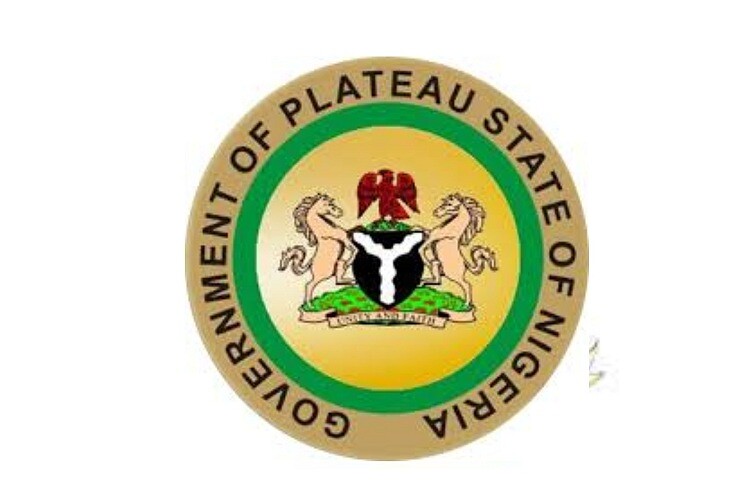
Plateau State
Introduction Plateau State Nigeria
Plateau State, often referred to as “The Home of Peace and Tourism,” is situated in Nigeria’s North Central geopolitical zone. With Jos as its capital, the state is recognized for its cool climate, diverse landscapes, and rich cultural heritage. Plateau’s distinct geography particularly the Jos Plateau is a major feature, offering a serene environment that stands in contrast to much of Nigeria’s hot, tropical climate. The state has a population of approximately 4.7 million people, belonging to over forty ethnic groups, with each group contributing uniquely to the state’s cultural tapestry. The harmonious coexistence of such diverse groups, combined with the state’s mineral wealth and natural beauty, makes Plateau a region of immense potential.
Historical Background
The history of Plateau State is intricately tied to Nigeria’s broader colonial and post-colonial transformations. Prior to British colonial rule, Plateau was home to a variety of indigenous groups, including the Berom, Afizere, Ngas, Tarok, and many others. These groups lived in relative autonomy, with established local governance systems and flourishing agricultural economies.
With the advent of British colonial rule in the late 19th century, Plateau’s significance began to grow due to the discovery of tin and other valuable minerals, particularly around Jos. The mining activities in the region drew substantial European attention, and by the early 20th century, Plateau became a key part of Nigeria’s mining industry. In 1926, recognizing the economic importance of the region, the British colonial government created the Plateau Province, separating it from Bauchi Province. Jos, the provincial capital, grew rapidly, becoming the center of Nigeria’s tin mining operations.
After Nigeria’s independence in 1960, the political boundaries of the region underwent several changes. In 1967, Plateau was merged with Benue to form the Benue-Plateau State, a decision motivated by the federal government’s desire for administrative convenience. However, in 1976, Plateau State was once again separated, becoming a distinct entity under Nigeria’s state creation exercise aimed at decentralizing administrative powers and promoting more effective governance. The state retained the Jos Plateau, which became central to its economic activities, particularly mining.
In 1996, Plateau’s borders were once again adjusted with the creation of Nasarawa State, which took part of Plateau’s territory. Despite these changes, Plateau’s historical identity as a resource-rich region, with its varied ethnic groups and unique topography, has remained intact.
Geography
Plateau State spans an area of 26,899 square kilometers, making it one of Nigeria’s more expansive states. The state is predominantly located on the Jos Plateau, a highland region that is characterized by rocky terrain, deep valleys, and unique topographical features. The Jos Plateau stands at an average elevation of between 1,200 meters and 1,829 meters above sea level, with the Shere Hills being the highest point at over 1,800 meters. This elevation contributes to the state’s cooler climate, which is a notable characteristic, as it contrasts with the hotter, more humid climates found in other parts of Nigeria.
The state shares borders with four other states: Bauchi to the northeast, Kaduna to the northwest, Nasarawa to the southwest, and Taraba to the southeast. Plateau’s strategic location within the central part of Nigeria has made it a crossroads for trade, travel, and cultural exchange between various regions.
The climate in Plateau State is characterized by a moderate, near-temperate weather due to its high altitude. The average temperature ranges from 13°C in the cooler months to 22°C during the warmer periods. The state experiences a rainy season from May to September, with average rainfall ranging from 1,317 mm to 1,460 mm annually. This temperate climate has made Plateau a desirable location for both residents and tourists, with its lush green vegetation, scenic hills, and open skies.
Geology
The Jos Plateau is not just a geographical marvel but also a geological treasure. The region is primarily composed of younger granite rocks, which are approximately 160 million years old. The Jos Plateau is a product of ancient volcanic activity, which occurred around 50 million years ago. This volcanic event gave rise to the distinctive basaltic plateaus, deep valleys, and irregular mountain formations that characterize the landscape today.
Plateau State is renowned for its mineral wealth, which has historically been central to its economy. The discovery of tin deposits in the early 20th century, alongside columbite and bauxite, transformed the region into one of Nigeria’s most important mining areas. The Jos Plateau continues to be rich in minerals, though the focus has shifted to other resources such as coal, lead, and zinc. The region’s geology not only supports the mining industry but also attracts geologists, researchers, and tourists fascinated by its unique rock formations.
Tourism
Plateau State boasts a wealth of natural and cultural attractions, making it one of Nigeria’s foremost tourism destinations. The state’s cooler climate and scenic landscapes, combined with its cultural richness, offer visitors an opportunity to experience a variety of activities ranging from wildlife exploration to hiking and cultural immersion. Key tourist attractions include:
- Wildlife Safari Park: Situated near Jos, this park features a diverse range of wildlife, including antelopes, monkeys, and several bird species. The park’s savanna bush environment makes it an ideal place for eco-tourism and wildlife enthusiasts.
- National Museum, Jos: Renowned for its archaeological exhibits, the museum houses the famous Nok terracotta artifacts, which date back more than 2,500 years. These artifacts are a testament to the advanced civilizations that once inhabited the region. The museum also showcases historical artifacts, local crafts, and a comprehensive history of Plateau’s mineral exploitation.
- Assop Falls: A scenic waterfall located in the southern part of Plateau, Assop Falls is surrounded by lush forests and is a popular spot for photography, picnics, and relaxation. It has also been used as a filming location for various media productions.
- Wase Rock: A 450-meter-high inselberg that serves as a breeding ground for white pelicans. The rock is a geological wonder and an important site for birdwatching and hiking. Wase Rock remains a symbol of Plateau’s natural beauty and biodiversity.
- Shere Hills: These hills offer a panoramic view of the surrounding valleys and are ideal for hiking and mountain climbing. The challenging terrain and the lush environment make Shere Hills a popular destination for adventure seekers.
- Pandam Game Reserve: This wildlife sanctuary is home to a variety of animal species, including hippopotami, crocodiles, and several species of snakes. The reserve is part of Plateau’s ongoing efforts to promote wildlife conservation and eco-tourism.
Despite these rich attractions, the tourism industry faces challenges such as inadequate infrastructure, security concerns, and limited government investment. However, with concerted efforts from both the government and private sector, Plateau has the potential to emerge as a premier tourism destination in Nigeria.
Natural Resources
Plateau State is blessed with abundant natural resources, particularly in the mining sector. The discovery of tin in the early 20th century put the state at the forefront of Nigeria’s mining industry. Tin, columbite, coal, lead, zinc, bauxite, and marble are some of the key minerals found in Plateau. The region’s mineral wealth has not only provided economic benefits but has also led to significant industrial development, particularly in the mining towns of Jos.
However, the exploitation of these resources has brought environmental challenges, including soil erosion, deforestation, and water pollution. The management of Plateau’s natural resources is critical, especially as the state seeks to balance economic development with environmental sustainability.
21st Century Conflicts
Plateau State has experienced several conflicts in the 21st century, primarily arising from ethnic and religious tensions. Clashes between farmers and herders have escalated in recent years, exacerbated by land scarcity, competition for resources, and the impacts of climate change, which have reduced available grazing land. The state has also been affected by the wider regional security challenges posed by Boko Haram insurgents and bandits, who exploit the state’s porous borders and rough terrain.
These conflicts have led to significant loss of life and displacement of people, challenging the state’s social fabric and impeding its development. The government and civil society organizations continue to work on peacebuilding initiatives to address the root causes of these conflicts, though the situation remains volatile.
Government
Plateau State operates under a democratic system of governance, with an elected governor as the chief executive. The current governor, Caleb Manasseh Mutfwang, was inaugurated on May 29, 2023. The state is divided into 17 local government areas, each headed by an elected chairman. The Plateau State House of Assembly, consisting of 25 members, serves as the legislative body that formulates laws to guide the state’s governance.
Demographics
Plateau State is home to over forty ethnic groups, making it one of the most ethnically diverse states in Nigeria. The major ethnic groups include the Berom, Afizere, Ngas, Tarok, and many others, each with their own language, customs, and traditions. English is the official language of the state, but local languages such as Berom, Afizere, and Hausa are commonly spoken.
The state has a predominantly Christian population, with a significant Muslim minority. The diverse religious and ethnic makeup of Plateau has contributed to a rich cultural heritage, but it has also been a source of tension, especially in the context of land disputes and political struggles.
Transport
Plateau State is well-connected through federal highways, railways, and air travel. The Yakubu Gowon Airport in Jos serves as the primary air gateway to the state, offering flights to major cities like Abuja, Lagos, and other parts of Nigeria. The road network in Plateau is extensive, facilitating trade, movement of people, and access to surrounding states.
The railway network, primarily used for transporting goods, also plays an important role in the state’s connectivity, linking Plateau to the larger Nigerian economy.
Education
Plateau State has several tertiary institutions, including the University of Jos, Plateau State University, and the Federal College of Education, Pankshin. These institutions play an essential role in the state’s educational development, producing skilled professionals who contribute to various sectors of the economy. The state also boasts numerous secondary and primary schools, which work to improve literacy rates and access to quality education.
Notable People
Plateau State has produced many influential individuals who have had a significant impact on Nigeria’s political, cultural, and social spheres. Notable figures include:
- Yakubu Gowon: Former Head of State of Nigeria and a key figure in the Nigerian Civil War. Gowon is also renowned for his post-war reconciliation efforts and his role in Nigeria’s development.
- M.I Abaga: A renowned Nigerian hip-hop artist and music producer who has contributed immensely to the evolution of Nigerian music, especially in the hip-hop and rap genre.
- Solomon Dalung: A prominent politician and former Minister of Youth and Sports, who has been active in Nigeria’s political and educational spheres.
Conclusion
Plateau State, with its unique geography, rich cultural heritage, and abundance of natural resources, remains one of Nigeria’s most remarkable regions. While the state has faced numerous challenges—ranging from ethnic and religious conflicts to the environmental toll of its mining activities—it continues to hold immense potential for growth and development. The cooler climate, scenic landscapes, and diverse wildlife provide a solid foundation for tourism, an industry that, if properly nurtured, could position Plateau as a premier destination in Nigeria and beyond.
The state’s wealth of natural resources, particularly in the mining sector, holds promise for industrial and economic expansion, but responsible management is crucial to ensure sustainable development that benefits both the environment and local communities. Plateau’s cultural diversity, with its over forty ethnic groups, contributes to a vibrant social fabric, though addressing the underlying causes of social unrest and ensuring peaceful coexistence will be key to long-term stability.
With improved governance, infrastructure development, investment in education, and a concerted effort to resolve conflicts, Plateau State has the opportunity to not only overcome its challenges but to become a model of sustainable development in Nigeria. By capitalizing on its natural beauty, mineral wealth, and cultural richness, Plateau can truly reclaim its reputation as “The Home of Peace and Tourism” and contribute significantly to Nigeria’s socio-economic progress. With the right investments and strategic leadership, Plateau’s diverse resources and people will undoubtedly drive its journey toward prosperity and peace.
Business Amenities
- Car Parking
-
 Government Organisation
Government Organisation
- Profile
Contact Information
Opening Hours
Contact Business
Contact Business
Additional Information
Additional info

Subscribe now to get direct updates
Join Naijadirectory Newsletter

